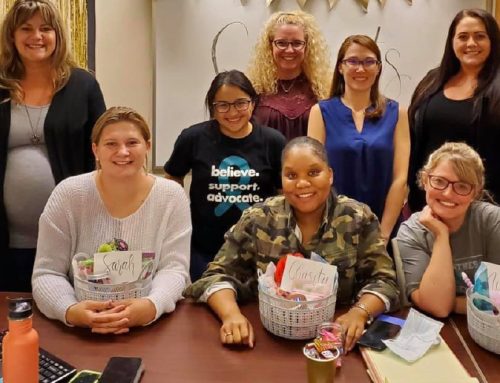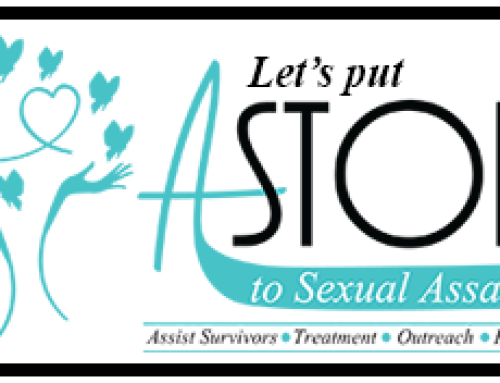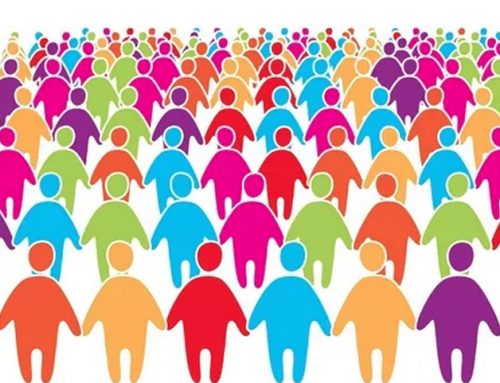Does reading that make you want to stop reading this article? Does it make you uncomfortable? Or do you think you don’t need to read this because it doesn’t apply to you? Or does it trigger memories you would prefer to ignore or deny?
If you are like most people, it is a topic you avoid and say it never happens in your family and you don’t know anyone who was sexually abused. Or you have been a victim/survivor who never reported, or if you did, you were blamed, shamed, not believed, or told to forget it and not let it bother you.
Most victims of sexual abuse are silent about what happened to them. Perhaps they fear being judged by others. Perhaps they fear being labeled and thought of as “different.” Perhaps they feel their relationships would be threatened. Perhaps they fear that if they let themselves feel the pain of their trauma they will never come out of the black hole of overwhelming hurt?
Whatever the reasons, fear is one reason many people do not access needed services. Information about the long-term effects of sexual assault can help, but it is the sharing of your story with someone who knows how to listen and hear your heart that helps people overcome the trauma.
We all have a story – our life is a story. Telling your story is an important part of the healing process, but if you do not feel safe or able to share at the time, you can set a healthy boundary around when you choose to tell and to whom you choose to tell. If, however, you are ready and comfortable in sharing your story, a lot of good can come from the effort. Knowing that others share similar struggles will help you feel less isolated and different, and more likely to seek help when you need it.
The long-term effects of the trauma of sexual assault touch everyone in the family and in contact with the survivor, but most people are not aware of how they are affected. Even survivors themselves don’t understand the long-term effects of sexual abuse. Most survivors lead successful lives and no one knows the silent scream they live with and try to keep silent every day until they tell their story and are believed and work through the healing process.
Do you know the long-terms effects, which include: depression, anxiety, low self-worth, substance abuse, eating disorders, psychiatric problems, suicidal thoughts, flashbacks, sleep disorders, and self-contempt. In children the effects include acting out sexually, out-of control anger and other behavioral issues, and learning disabilities because a child has a hard time concentrating on schoolwork when s/he is being sexually abused.
Sexual abuse is happening everywhere. One out of every 3 females is sexually abused before the age of 18. Many people think it doesn’t happen to males, but statistics show that one out of every 5 males is a victim of sexual abuse, and many of them are sexually abused before the age of 5. These statistics are based on reported cases. The majority of victims never report, or if they do, their cries are not heard and they do not get help.
What does this mean to you? It is likely that half of the population has experienced some degree of sexual abuse. Everywhere you go, you meet these people who have a secret – they hide their shame under a façade of either niceness or toughness. They live with the fear that if anyone knew what happened to them, they would be rejected. No one hears their silent screams. You don’t know they have been victims of sexual assault because they find a way to survive their trauma.
Sexual abuse is not about sex – it is about power and control over another person using sex. It is any coerced or forced touch of private parts or being coerced or forced to touch another’s private parts. It may be with a body part or an object. Or, it may not involve touch – it could be that a victim is coerced or forced to watch sexual acts or pornography. Or it could involve sexually explicit language. The offender may be an adult, but it could be another child or teen who is in a position of power over a younger or smaller child. Most offenders are male, but about 4% are female perpetrators.
Many victims of sexual assault are victimized many times and many ways, including domestic abuse, throughout their life until they get help. If you have been a victim, whether it happened when you were a very young child, elementary school age, middle school, high school, or as an adult, please consider sharing with a safe person.
If someone discloses to you that he or she has been a victim of sexual abuse/sexual assault, or that someone in their family has been a victim, let that person know you will listen – you don’t need to talk or “fix” them; just be present to their pain.
When you observe behavior in a child or an adult that leads you to wonder what is under that behavior, consider that the behavior may be a cover-up for trauma. Wonder what his or her story might be. Compassionately care with a comment such as, “I see the pain in your eyes behind your smile. Would you like to talk about it?” You can also refer them for counseling at ASTOP Sexual Abuse Center in Fond du Lac or any of the outstanding counseling centers in our area.





